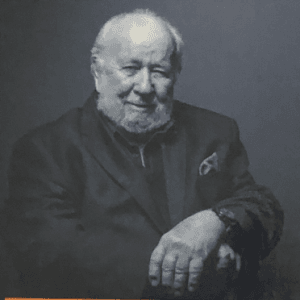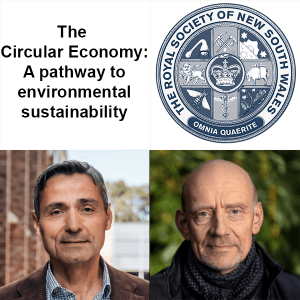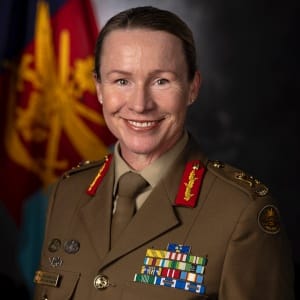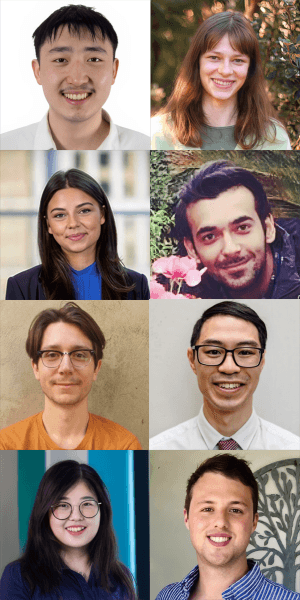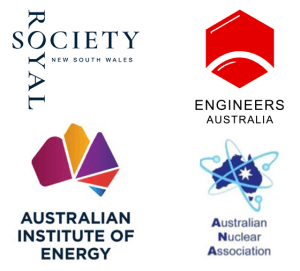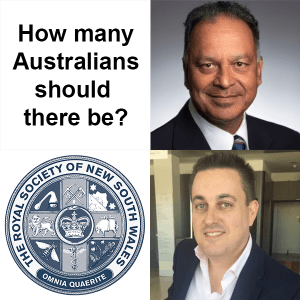
 Presentations by the 2019 Royal Society of NSW Scholarship Recipients
Presentations by the 2019 Royal Society of NSW Scholarship Recipients
AUBW392945949
Please note that the OGM will be held on the second Wednesday of February, rather than the first.
Date: Wednesday, 12 February 2020, 6.00 for 6.30 pm
Venue: Gallery Room, State Library of NSW (Entrance: Shakespeare Place, Sydney)
Entry: $25 for Non-Members, $15 for Fellows, Members and Associate Members of the Society, $5 Students — (including a welcome drink)
Dress Code: Smart Casual
Dinner (Including Drinks): $120 for Non-Members, $100 for Fellows, Members and Associate Members, $75 for students. Reservations close Monday, 10th February at 9:30 am.
Enquiries: RSNSW Secretariat Phone: 9431 8691
All are welcome: Click Here to Register
The evening’s program comprises four short talks presented by PhD Candidates who have been awarded Royal Society of NSW Scholarships for 2019.
Ms Emma Austin —Drought and wellbeing in Australian rural communities: implications for improving adaptive capacity and resilience to drought
Ms Austin’s research investigates the relationship between drought and wellbeing in rural communities in NSW, taking into account the links between wellbeing and adaptive capacity, and the need for the successful adaptation to drought together with increased resilience which is essential for the survival of rural communities.
Mr Shayam Balaji — Searches for Extended Higgs Sectors, Flavour Physics Anomalies and Dark Matter at the LHC
Mr Balaji’s research is in the field of particle physics which explores the fundamental building blocks of the Universe and the interactions between them. The focus of his work, as a member of the ATLAS Collaboration at CERN’s Large Hadron Collider, is in testing exotic Higgs boson models and extensions to the Standard Model of Particle Physics.
Mr Michael Papanicolao — Charting the Extracellular Matrix Through Breast Tumour Progression
Mr Papanicolao’s research involves investigations into the role of the extracellular matrix (ECM) in breast tumour progression. The focus of his work is on charting how the ECM evolves with tumour progression, using protein mass spectrometry and advanced imaging to identify targetable proteins that are important in breast cancer metastasis.
Mr Thomas Pettit — Botanical biofilters for the phytofiltration of urban air pollutants
Mr Pettit’s research is in the field of biofilter technology, in which he has been developing and assessing the use of active green walls to clean the air of active pollutants to provide functional reductions of air pollution in zones where the are most needed.

